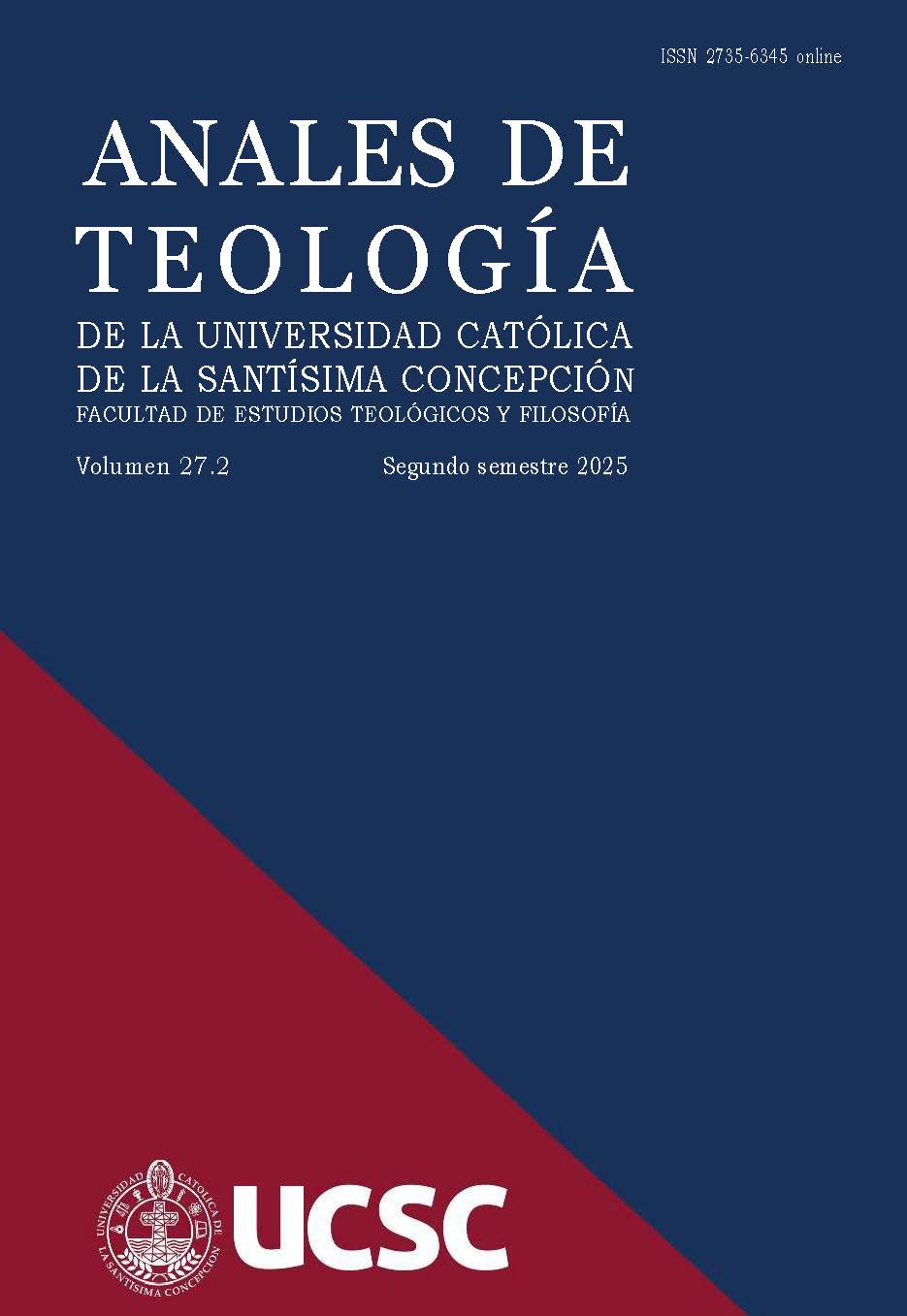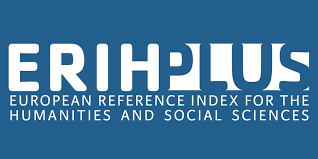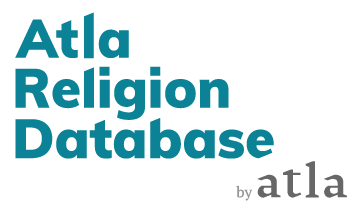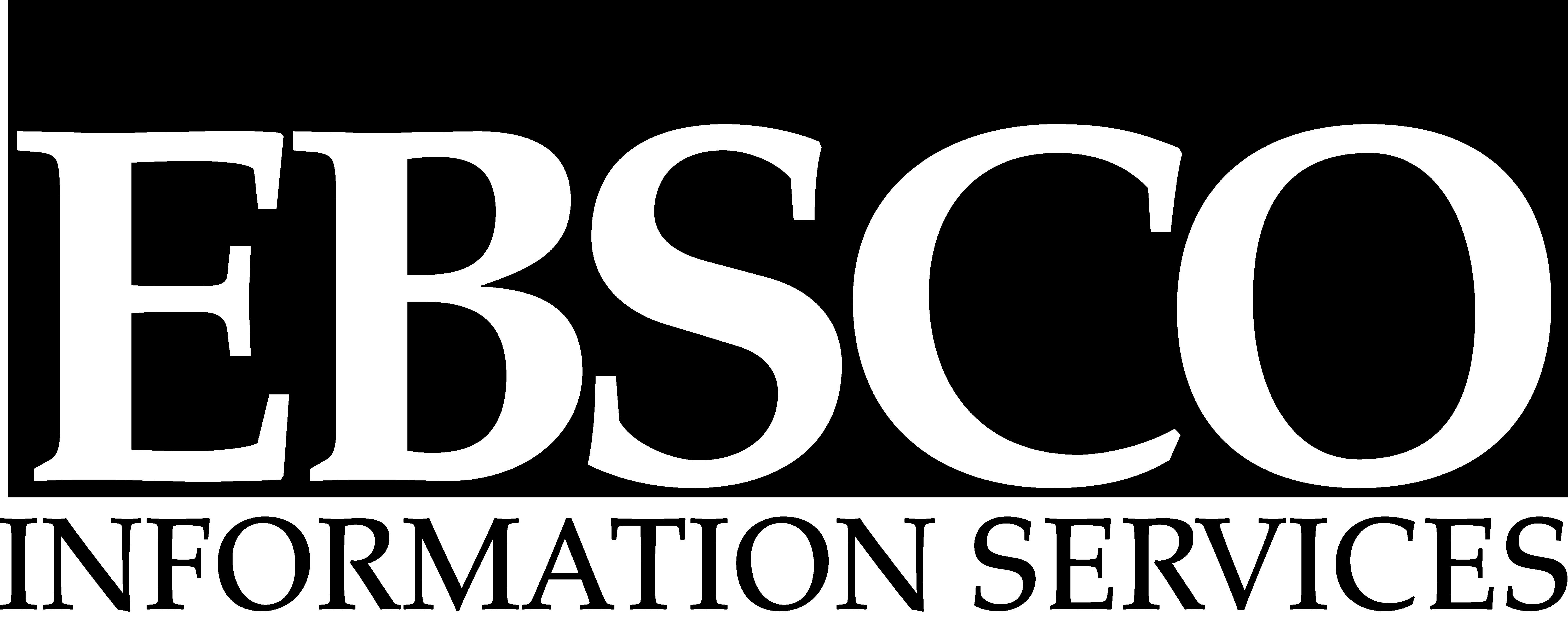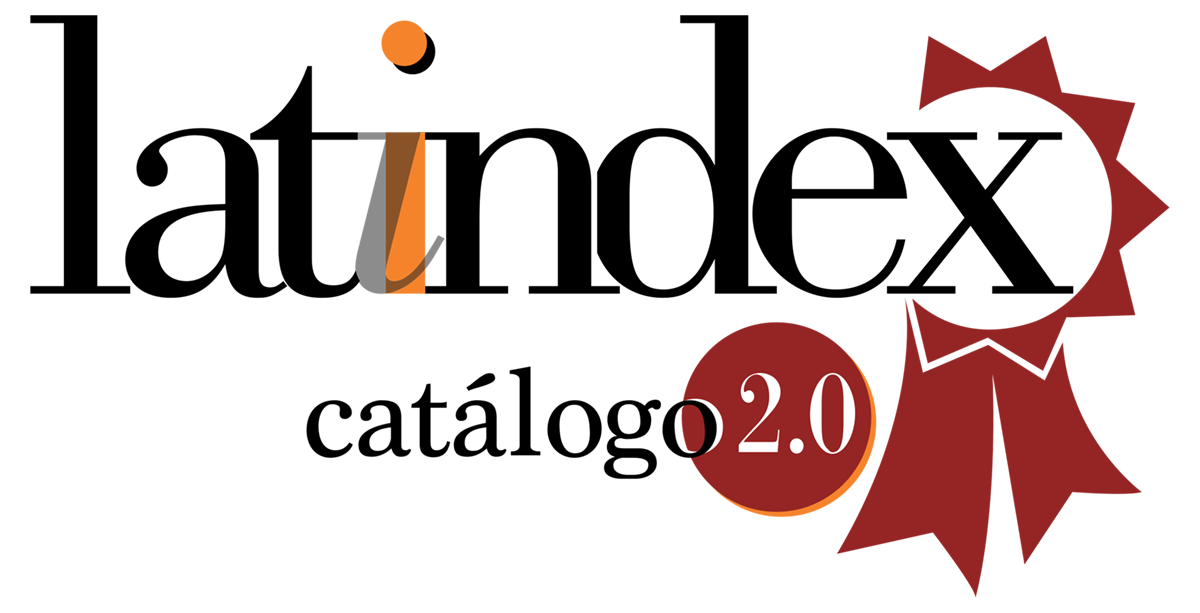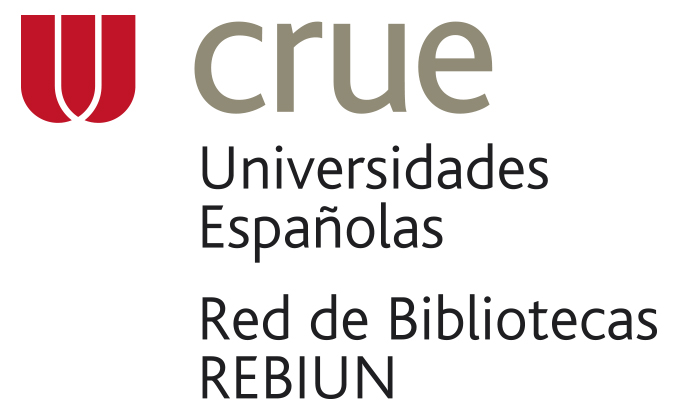Sanctity as humanization: A patristic reading of the mystery of the incarnation
DOI:
https://doi.org/10.21703/2735-6345.3137Keywords:
Son Incarnate, Creation, Economy of Salvation, Christianism, Spirit, Church Fathers.Abstract
A theological rereading of holiness is proposed as a process of humanization, based on the mystery of the Incarnation as understood in the works of four fourth-century Church Fathers: Athanasius of Alexandria, Gregory of Nazianzus, Gregory of Nyssa, and Ambrose of Milan. Using a methodology that combines a return to patristic sources (ad fontes) with a critical openness to contemporary challenges (aggiornamento), the study examines how the Incarnation of the Word restores the divine image in the human being, enabling a holiness lived in terms of communion, freedom, and relationality. The proposal is structured in three stages: the patristic understanding of the Incarnation as a new creation, the articulation between Incarnation and holiness, and the formulation of holiness as humanization. The starting point is the difficulty noted by Pope Francis in Gaudete et Exsultate regarding the conception of holiness as a universal offer of human fulfillment. The patristic authors agree in affirming the humanity of the incarnate Son, which allows holiness to be reread as the full manifestation of the human in God. Consequently, holiness is not presented as a reality foreign to the human, but as its deepest realization in Jesus Christ, God made human.
Downloads
References
AMBROSIO DE MILÁN, El Espíritu Santo, Granado, Ciudad Nueva, Madrid 1998.
AMBROSIO DE MILÁN, El misterio de la encarnación del Señor, Ciudad Nueva, Madrid 2005.
AMBROSIO DE MILÁN, Los seis días de la creación (Hexameron), Ciudad Nueva, Madrid 2011.
ATANASIO DE ALEJANDRÍA, Discursos contra los arrianos, Ciudad Nueva, Madrid 2010.
ATANASIO DE ALEJANDRÍA, Epístolas a Serapión sobre el Espíritu Santo, Ciudad Nueva, Madrid 2007.
ATANASIO DE ALEJANDRÍA, La encarnación del Verbo, Ciudad Nueva, Madrid 1997.
BENEDICTO XVI, Exhortación Apostólica Postsinodal Verbum Domini, Librería Editrice Vaticana, Ciudad del Vaticano 2010.
BOFF, L., Jesucristo el Liberador. Ensayo de Cristología crítica para nuestro tiempo, Sal Terrae, Santander 1987.
BUENO DELGADO, J. A., La legislación religiosa en la compilación justinianea, Dikynson, Madrid 2015.
CAMPLANI, A., “Atanasio di Alessandria”, en: DI BERARDINO, A. (Trad.), Nuovo Dizionario Patrístico di Antichità Cristiane A-E Vol I, Marietti, Roma 2006, 614-635.
CARDONA, H. D. - SOLANO PINZÓN, O., “Asemejarse a Dios como camino de santidad en Gregorio de Nisa”, Anales De Teología 21.1 (2023) 27–55.
CASTILLO, J. M. - ESTRADA, J. A., El proyecto de Jesús, Sígueme, Salamanca 1998.
CASTILLO, J. M., La humanización de Dios. Ensayo de Cristología, Trota, Madrid 2010.
COMBY, J., Para leer la historia de la Iglesia 1. De los orígenes al siglo XV, Verbo Divino, Navarra 1993.
CONCILIO VATICANO II, Constitución Dogmática Gaudium et Spes, Librería Editrice Vaticana, Roma 1965, https://www.vatican.va/archive/hist_councils/ii_vatican_council/documents/vat-ii_const_19651207_gaudium-et-spes_sp.html
CROUZEL, H., Théologie de l’image de Dieu chez Origène, Aubier, Paris 1956.
DANIÉLOU, J., “Responsabilidades de la teología actual”, Selecciones de teología 1.2 (1962) 1-16.
DENZINGER, E., El Magisterio de la Iglesia, Herder, Barcelona 1963.
DUQUOC, C., Jesús, hombre libre. Esbozo de una cristología, Sígueme, Salamanca 1979.
FRANCISCO, Exhortación Apostólica Gaudete et Exsultate, Librería Editrice Vaticana, Roma 2018, https://www.vatican.va/content/francesco/es/apost_exhortations/documents/papa-francesco_esortazione-ap_20180319_gaudete-et-exsultate.html
GONZÁLEZ DE CARDEDAL, O., Cristología, BAC, Madrid 2001.
GREGOIRE DE NAZIANZE, Discours XX-XXIII, Du Cerf, Paris 1980.
GREGOIRE DE NYSSE, Contemplation sur la vie de Moise ou Traité de la perfection en martiére de vertu, Editions Du Cerf, Paris 1941.
GREGOIRE DE NYSSE, La Création de l’homme, Editions Du Cerf, Paris 1943.
GREGORIO DE NISA, La Gran Catequesis, Ciudad Nueva, Madrid 1995.
GREGORIO DE NISA, Sobre la vocación cristiana, Ciudad Nueva, Madrid 1992.
GREGORIO DE NISA, Vida de Macrina - Elogio de Basilio, Ciudad Nueva, Madrid 1990.
GREGORIO NACIANCENO, Cartas y Testamento, Ciudad Nueva, Madrid 2022.
GREGORIO NACIANCENO, Discursos I-XV, Discurso I Sobre la Pascua santa y la tardanza, Ciudad Nueva, Madrid 2015.
GREGORIO NACIANCENO, Fuga y Autobiografía, Ciudad Nueva, Madrid 1996.
GREGORIO NACIANCENO, Homilías sobre la Natividad, Ciudad Nueva, Madrid 1992.
GREGORIO NACIANCENO, Los Cinco Discursos Teológicos, Ciudad Nueva, Madrid 1995.
GROSSI, V., Lineamenti di antropologia patrística, Borla, Roma 1983.
HOFER, A., Christ in the Life and Teaching of Gregory of Nazianzus, Oxford University Press, Oxford 2013.
KASPER, W., La misericordia. Clave del Evangelio y de la vida cristiana, Sal Terrae, Santander 2012.
MARTÍNEZ DÍEZ, F., Creer en el ser humano vivir humanamente. Antropología en los evangelios, Verbo Divino, Estella 2012.
MATEO-SECO, L. F., “Persona, esclavitud y libertad en Gregorio de Nisa”, Revista española de filosofía medieval 13 (2006) 11-19.
MORESCHINI, C., I Padri Cappadoci, storia, letteratura, teología, Città Nuova, Roma 2008.
SCHILLEBEECKX, E., Cristo y los cristianos: Gracia y liberación, Cristiandad, Madrid 1982.
SOLANO PINZÓN, O. - GACITÚA-REYES, E. - RINCÓN ANDRADE, M., “Pensar em chave de comunhão trinitária: aproximação à experiência mística cristã”, Perspectiva Teológica 55.1 (2023) 255-276.
TAYLOR, V., Evangelio según san Marcos, Cristiandad, Madrid 1979.
TREVIJANO, R., Patrología, BAC, Madrid 2004.
VON CAMPENHAUSEN, H., Los Padres de la Iglesia. I Padres Griegos, Cristiandad, Madrid 1974.
Downloads
Published
Issue
Section
License
Copyright (c) 2025 Orlando Solano Pinzón , Eva Pamela Reyes Gacitúa, Mauricio Rincón Andrade

This work is licensed under a Creative Commons Attribution-NonCommercial 4.0 International License.
The Anales de Teología is an open access journal and does not charge for publication. In addition, it regulates its Copyright and access policy according to the Creative Commons Attribution-NonCommercial 4.0 International Public License (CC BY-NC 4.0), therefore sharing (reproducing and distributing the material in any medium or format) and adaptation (modifying, transforming, and creating from the material) is allowed as long as proper credit is given and the citation is included with the corresponding data. Moreover, it is not allowed to use the material for commercial purposes.
